Cisco's Cius Tablet: 10 Things To Consider
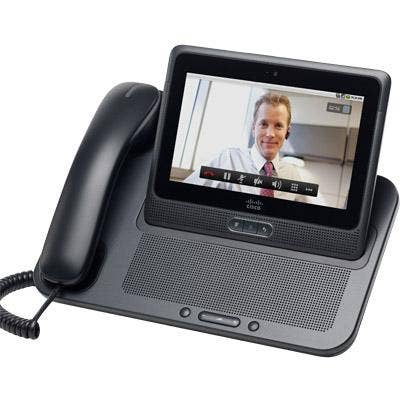
Cisco Cius Set For Launch
Will Cisco's Cius be an enterprise tablet game-changer or a tablet market also-ran? Time will provide the answer, but for the moment, as Cisco prepares to launch the Cius globally on July 31, Cisco is banking on enterprise business users wanting a tablet device that can provide more specific UC and enterprise-class features than their consumer-centric iPads and other tablets. In a media event this week, Cisco offered the most details yet on how it hopes to market Cius effectively with so much competition.
"We believe we sunk a lot of technology into this device," said Tom Puorro, senior director, product management, collaboration solutions at Cisco. "We've designed the device to be very broad in its capabilities, and [not just designed] for a particular use case. [This is] a lot of power focused on the enterprise user."
Here's a look at some of the finer points of Cisco's tablet contender.
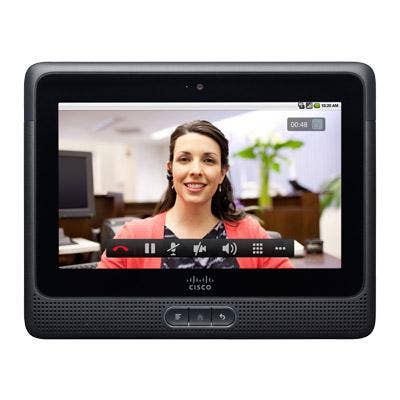
Size And Specs
Cisco introduced the Cius tablet a year ago. It weighs 1.5 pounds, includes a front-mounted 720p HD camera, a 7-inch VGA touch-target display, a 5-megapixel rear-facing camera, and many other features. It runs an Intel Atom 1.6 Ghz processor, and sports 32 GB of flash memory.
The Cius can be sold and used without its docking base, but the docking base provides a phone handset, speakerphone and USB and Bluetooth ports for connecting keyboards, mice and other peripherals. All of the Cius' features, however -- including virtual desktop infrastructure (VDI) -- can be accessed without the docking base.

Pricing
Cisco has been cagey on Cius' final price, but this week reconfirmed an estimated street price of $750 for the Wi-Fi only version of the tablet. Volume discount programs will be available, and should bring the price-per-unit down to about $650, according to Cisco. The docking station is sold separately from the actual Cius unit, and Cisco executives told CRN this week that pricing is not finalized, but expected to be about $400.

Availability
Cisco concluded beta testing and field trials of Cius this past spring, and made Cius available through Master and Advanced Unified Communications partners at the end of March. Global availability will be July 31, and both AT&T and Verizon have committed to offering 4G-enabled versions of the Cius this fall.

Android
Cisco Cius is an Android tablet, and at launch, it runs version 2.2 of Google's Android mobile OS, also known as Froyo. Cisco told reporters this week that it will be skipping Android 3.0, also known as Honeycomb, and awaiting Google's release of Ice Cream Sandwich, a version of Android said to combine Honeycomb's tablet-focused software with elements of Gingerbread, also known as Android 2.3. Cisco's Puorro said Cisco worked closely with Google throughout the Cius' development to get the platform right.
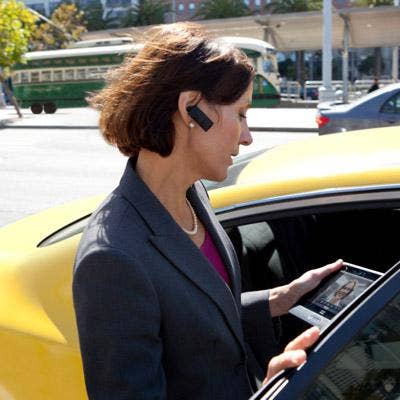
Security
The Cius' on-board security, according to Cisco, is one of the key attributes that sets it apart from consumer-oriented tablet devices like Apple's iPad. According to Cisco, Cius comes with hardware-accelerated encryption, network security, certificate management, virtual private network, enterprise access, mobility security and policy management tools -- the only tablet out there with built in, enterprise-grade security, according to Puorro. IT managers can be as loose or as strict as they want with the level of security placed on Cius users in their organizations.
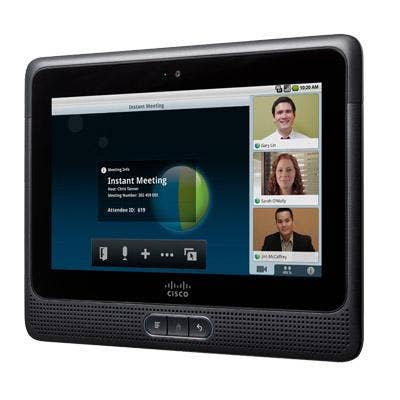
UC-Ready
What really makes Cius tick, according to Cisco, is that it extends the full firepower of Cisco's unified communications (UC) portfolio to the mobile edge. More specifically, Cius is supported by Cisco's UC Manager and natively supports Cisco TelePresence, Cisco's Jabber instant messaging client, Cisco's WebEx communications software, and Cisco Quad, Cisco's social networking collaboration platform. It also supports virtual desktop infrastructure (VDI) using products and platforms from Citrix, VMware and Wyse. If a tablet is going to be a true business device, it has to do more than surf the Web and look nice, Cisco said this week.
"People are trying to use consumer-grade products in the enterprise, and a lot of that ends up as base functionality: e-mail, accessing the Web and watching movies," Puorro said. "[You] want more out of the device. This is a consolidation of many devices."

Solution Provider Appeal
The nice thing about Cius, according to Cisco's Richard McLeod, is that it's a device that cuts across all of Cisco's major business architectures -- a key component of Cisco's Borderless Networks strategy. Partners will be able to pinpoint network upgrade opportunities to run data, voice and video applications more effectively for customers, as well as drive professional and managed services behind Cius deployments and also leverage app development to expand their sales to customers that much more.
"The hope is to have apps living there that leverage Cius integration with U.C.," said McLeod, senior director, collaboration sales for Cisco's Worldwide Partner Organization. "You've taken those apps you're comfortable with, and they're tightly integrated with your business process. [That's] where the real power of a Cisco VAR steps in."
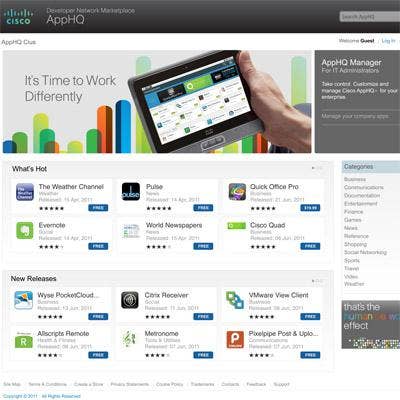
AppHQ
Cius users will be able to access Google's Android marketplace as they would on any other Android-based device. One key to Cius' appeal, though, is a newly released platform called AppHQ: an application storefront, hosted by Cisco in the cloud, through which organizations can acquire apps that have been pre-tested and pre-validated to work with Cisco and Cisco partner infrastructure. What that does, according to Cisco, is organize those applications that will be of most use to Cius users, and offer them a guarantee that the apps displayed in AppHQ have already been quality-tested and approved for use with Cisco products and security services.
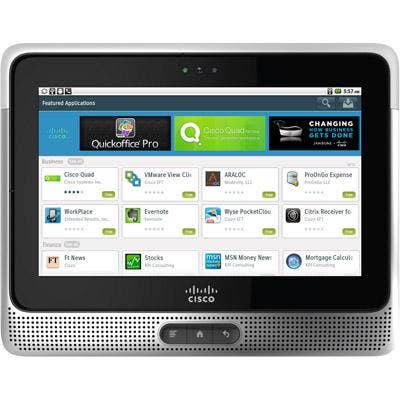
Store Within A Store
AppHQ, according to Cisco, can be branded with business users' company logos, and further customized by IT managers so that Cius users within an organization can access only those applications that managers have pre-selected and pre-approved for them. Doing so ultimately gives business users more oversight over what applications are deployed for their employees' Cius uses and ensures employees are receiving the right versions, right types of applications, and other considerations.
"I buy what I want for bulk licenses and put them there [in AppHQ] for my users to consume," Puorro said. "This is not a Draconian consumer store."
Cisco's McLeod said that Cisco is toying with the idea of letting VAR partners private-label the AppHQ store to sell their own apps to customers, but that has not yet been decided.
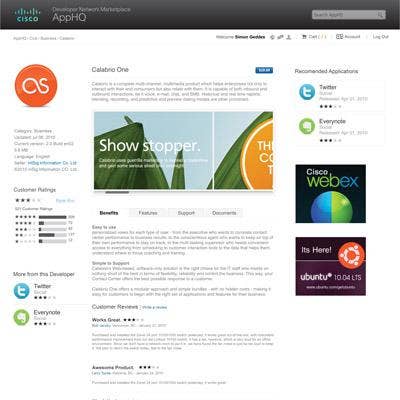
AppHQ Advanced?
Basic AppHQ access is included with all Cius units, according to Cisco. Customers that want to use the "store within a store" function will pay an additional fee not yet disclosed by Cisco.